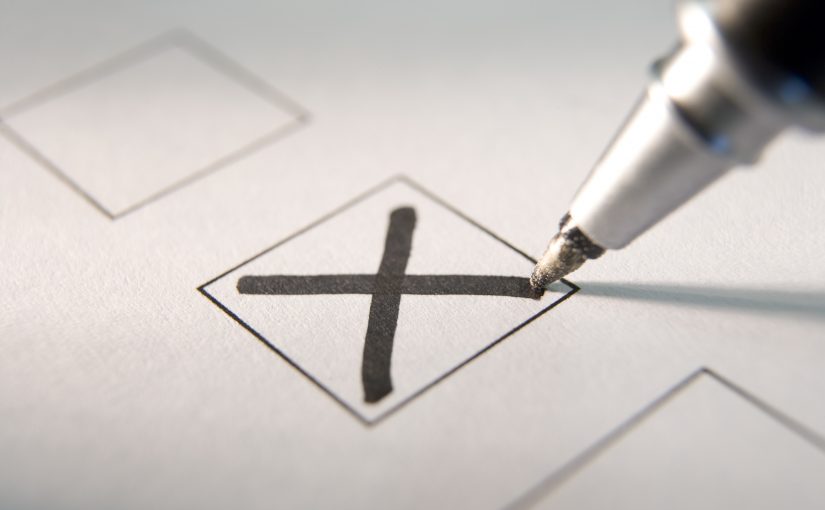For many UK politicians, the question of votes for prisoners is politically toxic. David Cameron said the prospect made him feel physically ill and when the issue has come up in Parliament it’s been a rare person who has ventured an opinion in favour.
But the tide could be moving in favour of the franchise for those behind bars.
UK legislation has long excluded prisoners from voting. This blanket ban was challenged back in 2005 in Hirst vs United Kingdom with the European Court of Human Rights ruling that a whole group could not be excluded in that way. The government however was reluctant to make any changes arguing that part of the punishment of being in prison was losing those sort of rights. The stalemate on the issue continued until 2017 when a handful of prisoners, those out on temporary licence, gained the franchise. It’s worth saying here that those on remand – in a prison but not actually convicted of anything – have always retained the right to vote, whether aware of it or not.
The number of those on temporary licence is small enough for few people to notice. But changes in Scotland and potentially in Wales this year could open the door to more pressure to bring prisoners into the electorate. In Scotland a Bill to, among other things, extend voting rights to certain prisoners – those with a sentence up to 12 months – gained royal assent in early April and is now a law. That means the right to vote in local elections and the poll for the Scottish Parliament. There won’t be polling stations in prisons. Instead inmates will be registered at their old address and will make their choice by post or proxy.
In Wales another Bill on voting will be discussed in the Senedd plenary session today (8 April). The Welsh Government is intending to add amendments so that prisoners with sentences of up to four years could vote in Welsh local elections.
Opinions on voting for prisoners vary dramatically. In some countries voting rights for prisoners are widespread. This includes Ireland, which saw inmates vote for the first time in 2007, and Canada. Some countries, such as Ukraine, set up polling stations inside prisons, sending the votes back to the prisoners’ home areas.
Yet in other parts of the world it is not just prisoners who can’t vote also but those who have served their sentence. In the US some States ban those with felony convictions from ever voting again. (Felonies are the serious crimes) This is being challenged with a potentially significant court case later this month. In Florida, voters supported a plan to allow give the vote back to a large number of ex -felons. (In the US there are often referendum type votes on policy issues at election time). The State legislature thought differently however and came up with a plan to block the scheme. Now a Florida Court is to rule on whether the legislature or the voters will get their way. The whole thing is all very technical, but the upshot is that the franchise could be extended in a meaningful way. And of course civil rights campaigners from elsewhere in the US are keen to build on any success in Florida.
Over time democracies have generally widened the franchise. We’ve seen changes to voting ages and we’ve seen gender, class and financial restrictions removed. It will be interesting to see what further changes are made or resisted when it comes to those in jail.
Edge Hill University’s politics courses include a specialist module on Elections and Voting Systems as well as material about analysing democracies and constitutional change.

